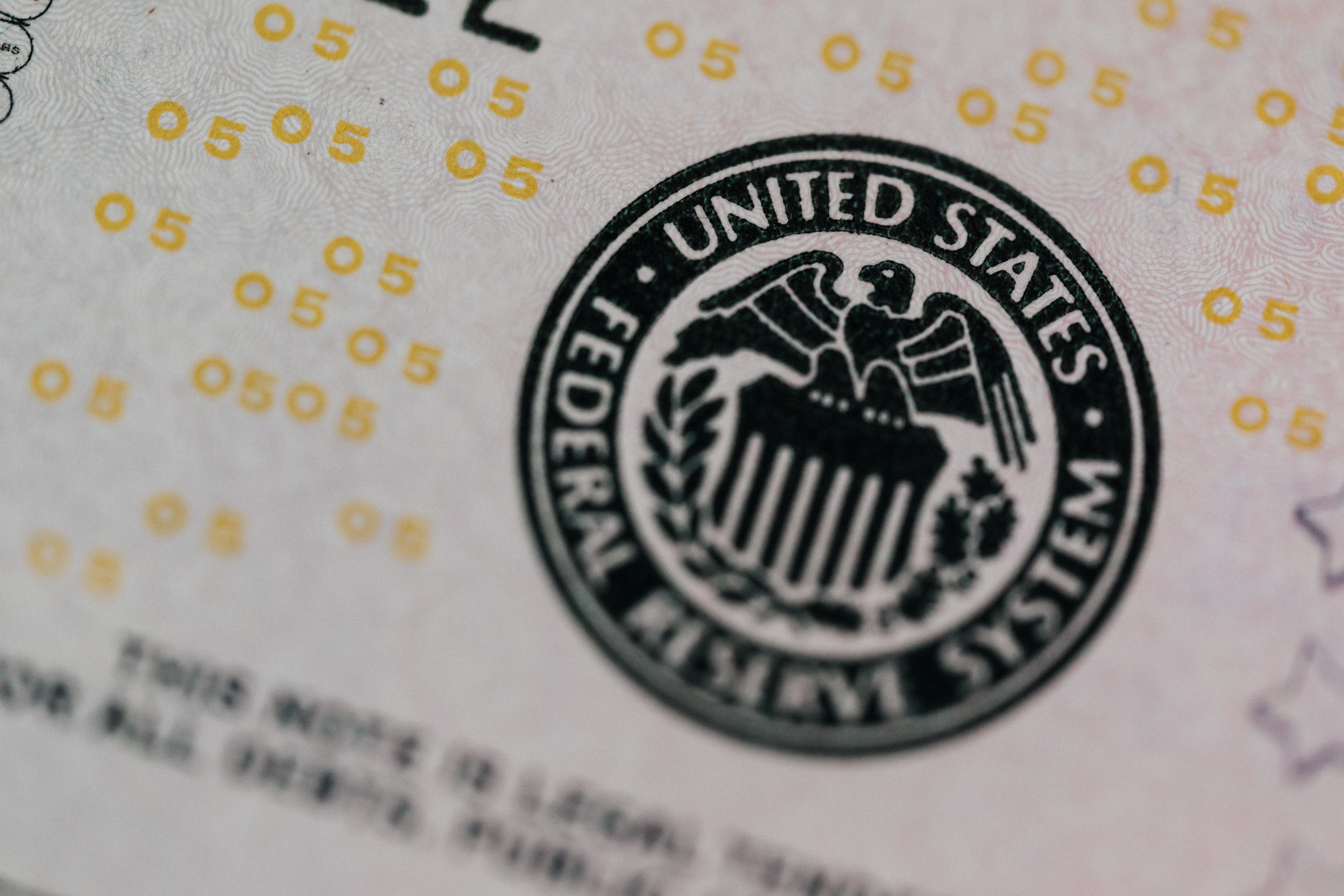Nigeria, the economic powerhouse of West Africa, grapples with a formidable adversary on its path to sustained economic growth: inflation. The rising cost of living, driven in part by inflationary pressures, has sparked concerns among citizens and policymakers alike. This article delves into the multifaceted challenges posed by inflation in Nigeria and the strategies employed by authorities to combat this economic menace.
Inflation: A Long-standing Challenge

Inflation, the increase in the general price level of goods and services, is no stranger to Nigeria's economic landscape. The nation has experienced fluctuating inflation rates over the years, influenced by various factors, including global oil prices, supply chain disruptions, and monetary policies. These fluctuations have had tangible effects on the purchasing power of Nigerians and the overall economic stability of the country.
As we delve into the intricacies of inflation in Nigeria, it becomes apparent that the phenomenon is not isolated but interconnected with various economic and fiscal dynamics. The inflationary pressures, in part, stem from the country's historical dependence on oil revenue. The volatility of global oil prices has translated into domestic price fluctuations, affecting everything from food to transportation.
Strategies to Tackle Inflation
The Nigerian government, in partnership with the Central Bank of Nigeria (CBN), has embarked on a concerted effort to manage and control inflation. A wide array of strategies has been employed to address this economic challenge, with the aim of striking a balance between price stability and economic growth.
Monetary Policy Measures: The CBN has played a pivotal role in inflation control through its monetary policy tools. These tools include interest rates and reserve requirements. By adjusting interest rates and liquidity in the financial system, the CBN aims to influence inflationary pressures. However, these measures must be executed judiciously to avoid stifling economic growth.
Structural Reforms: Beyond monetary policies, structural reforms are integral to addressing the root causes of inflation in Nigeria. The government has initiated measures to enhance agricultural productivity, reduce supply chain disruptions, and create an environment conducive to business growth. These reforms aim to increase the supply of goods and services, thereby mitigating inflationary pressures.
Exchange Rate Management: Given Nigeria's import-dependent nature, exchange rate management plays a vital role in controlling imported inflation. The stability of the Naira, Nigeria's currency, is crucial in this regard. Measures to ensure exchange rate stability, such as foreign exchange reserves management and exchange rate policies, are part of the broader strategy to combat inflation.
The Impact on Everyday Nigerians
The consequences of inflation are keenly felt by everyday Nigerians. As prices rise, the purchasing power of citizens diminishes, affecting their standards of living. The cost of basic necessities, including food and fuel, becomes a heavier burden for many households. Inflation erodes savings and can lead to economic uncertainty.
In addition to affecting individuals and families, inflation also has implications for businesses and investments. It can disrupt business operations, erode profit margins, and influence investment decisions. As such, inflation control is not only a matter of economic policy but also a matter of social well-being.
Nigeria's battle against inflation is a complex undertaking that demands vigilance, prudent policymaking, and structural reforms. The government and the CBN continue to refine their strategies to mitigate inflationary pressures while fostering an environment conducive to economic growth. As Nigeria navigates these challenges, the nation stands at a critical juncture in its pursuit of economic stability and prosperity.


